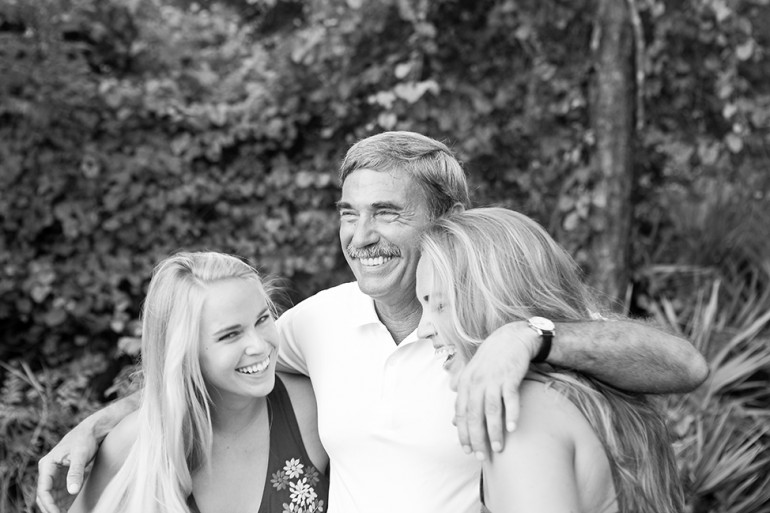Sponsored Listings:
Over the past three months, I’ve shared a lot from my travels but very little about what’s going on behind the scenes. And seeing as it’s Father’s Day—and I nearly didn’t have the fortune of spending yet another one with my own dad—I figured it was time to come clean.
Behind the scenes has been mildly rough, I won’t sugarcoat it. Dad had his stroke four months and three days ago, and I don’t think that’s anything you can ever prepare for.
The good news? He’s alive. He continues to make progress daily. He knows who we are. He remembers everything. There was a time the doctors thought none of that possible.
**********
In the early hours of Feb. 15, my mom woke up to a loud crash. She ran into the living room to find a hole in the wall, the coffee maker boiling and Dad lying on the floor. He was conscious, but he couldn’t move his right side. Mom, ever steadfast and unwavering in times of extreme stress, immediately identified that he’d had a stroke and called the ambulance.
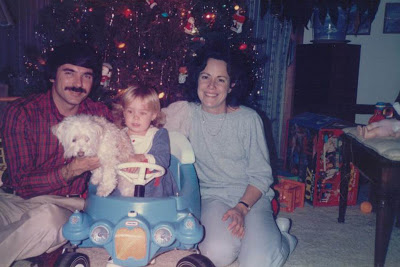
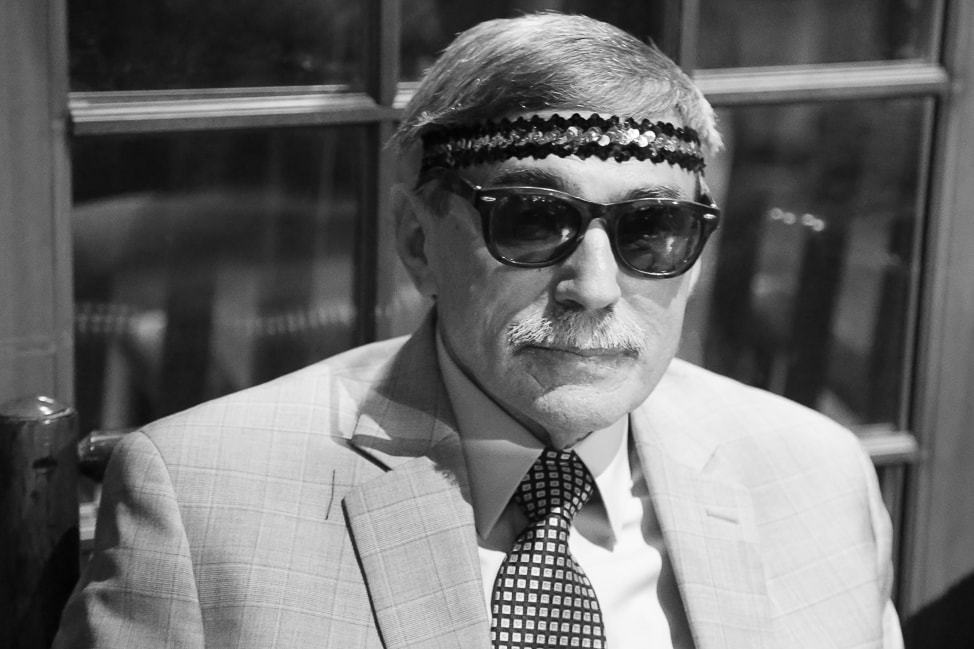
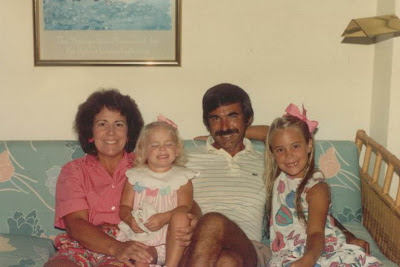
This wasn’t Mom’s first time dealing with such a predicament. My grandparents lived with my parents from 2005 up until when they both died, and my grandmother experienced a number of TIAs in that time. So when the EMTs came, she asked Dad to be taken directly to the nearest stroke center.
They did not do as she asked. This would be the turning point to what could have been a full recovery and where we stand now.
They said they’d have to take him first to Harton Regional Medical Center, the hospital in my hometown of Tullahoma that’s not exactly known for its high quality of care. During my wedding reception, my uncle was taken there after he passed out; they told him he had the worst kind of heart attack possible, so they airlifted him to Murfreesboro, a very expensive mistake (it turned out, they misread the EKG and he merely had a heat stroke as it was 99 degrees in June that evening).
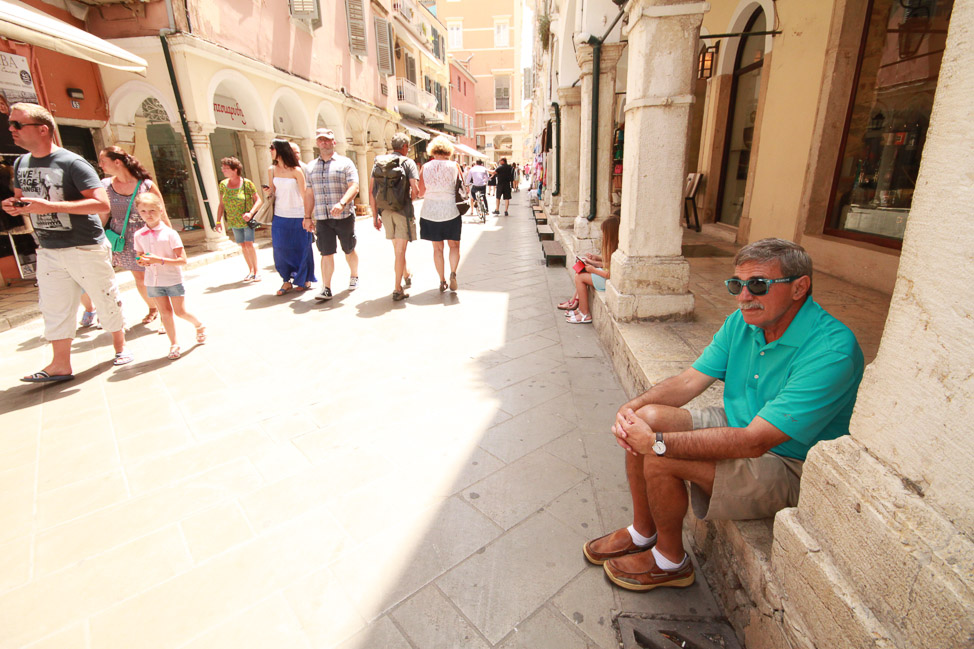
When my grandfather passed away in December 2012, he first fell and broke his neck in my parents’ home. They didn’t even want to keep him overnight—his doctor, thankfully, marched in and demanded that they did—and he died of pneumonia the following day. Let’s just say, we don’t really trust these people with our lives.
But the medics insisted they had to take him to Harton first to get checked over, and as Mom followed in her own car, she called SVV—we often joke, she loves him the most off all her kids—and I could tell from the way he answered (and the fact that it was 6am on a Monday) that the news was not good. I turned over and buried my head under the pillow, hoping I was still in an Ambien-induced bad dream. In some ways, I’d been waiting for this call for years. My dad has been a heavy smoker since he was 13 years old growing up in Alabama, and he also isn’t good to his body (let’s just say I didn’t get my love for working out from him). He had a cardiac episode in 2001 during my first semester of college, then an aortic aneurysm in the summer of 2014. But he’s also always been the resilient type who we assumed would outlive us all, despite an unhealthy lifestyle.
For two hours, we didn’t hear a thing, as Mom, SVV, and I sat in the waiting room with our friends Tom, Ginny and Kal. The doctor didn’t bother to update us or even tell us what was going on, when suddenly they told us we could come back and, oh wait, say your good-byes now because we’re whisking him off to Nashville, stat. This is never a good sign.
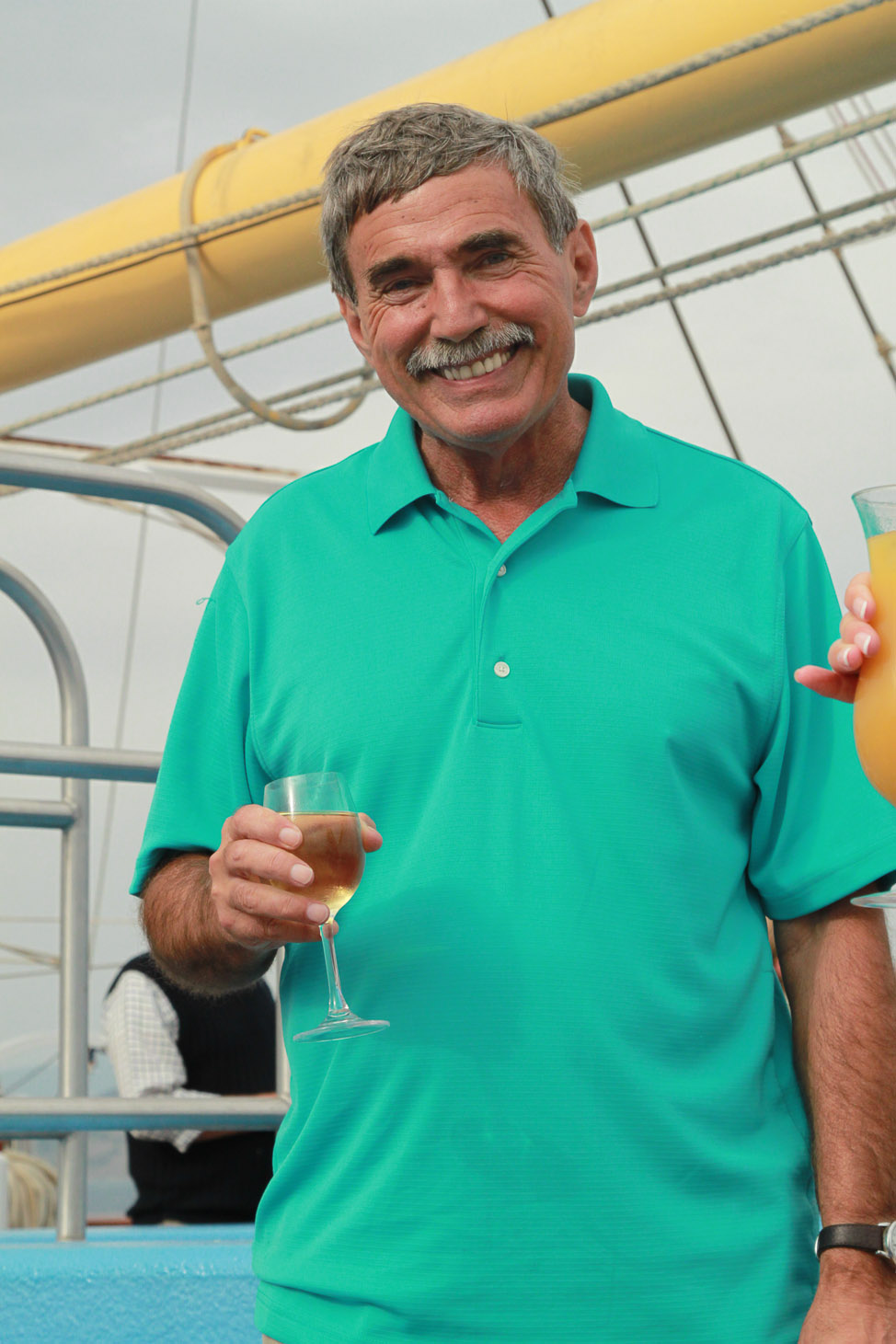
By the time the Vanderbilt life flight team arrived and transported him to Nashville, it was bordering on too late. The kicker? A storm brewing meant they couldn’t even send him via helicopter the 75 miles to Centennial; instead, they rode beside him in an ambulance. By the time he arrived in Nashville, it had been five hours. No tPA.
I’ve tried so hard not to “what if” the last four months, but seriously: What if the doctor had done his job correctly? What if there had been blue skies and he could have been delivered swiftly via chopper? What if the ambulance team had taken him to a reputable facility in the first place? What if he’d never picked up his first cigarette 50 years ago?
**********
SVV, Kari and her husband Josh all work for the family CPA firm, which my granddad started back in 1951. The managing partner having a stroke in the height of tax season? Well, let’s just say that was not in the 2016 business plan. I won’t bore you with the following three months in the office, but none of them were easy on any of us, let alone the other 20+ employees of Housholder Artman, many of them who worked even more hours than their typical busy season to help my family out.
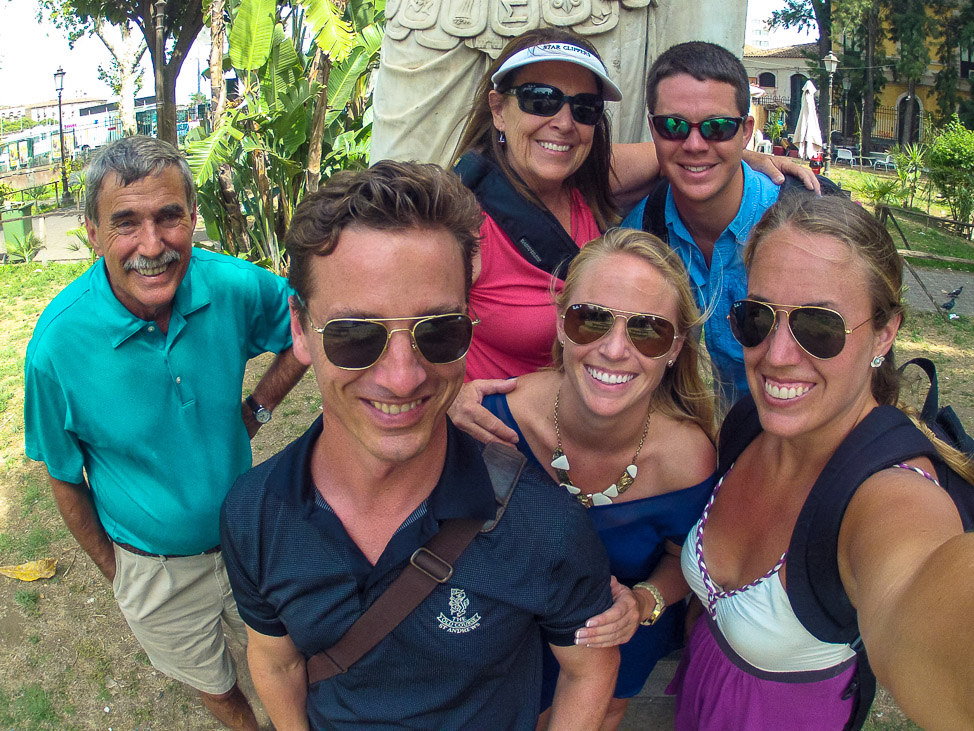
I was so impressed and proud of Kari, Josh and my husband as they put out fires left and right and held down the fort while Mom and I stayed at the hospital in Nashville with Dad. For 10 days, he was at Centennial Tri-Star, where we were overwhelmed with how great his cardio team was (shoutout to Dr. Arthur Ulm and Catilin, who are, simply put, the best). From there, we had to make some tough decisions about where to send him next for stroke rehabilitation. It wasn’t that hard of a choice, though, as Mom is a proud Vanderbilt graduate (both undergrad and MBA) and the facility is just a couple blocks from our condos. For the coming three weeks, we rotated Dad duty, making sure someone was there to visit him every day, particularly in the late afternoons when he’d come back from a full day of rehab.
What was surprising, though, is how little Vanderbilt actually did for him. I have the utmost respect for Vandy when it comes to their research facilities, their cancer teams and of course their undergraduate education—they’re one of the best in the world in so many realms. But Stallworth? If you’re considering sending a loved one to stroke rehab there, I’d strongly advise you research all options first. While he had an excellent babysitter, Brenda, with whom Mom still speaks, we were highly disappointed with the overall care. Brenda would come back after a three-day stint off to find no one had bothered to even change his clothes. No one told us anything, ever. We received no discharge plan when he left the facility in March. We were kept in the dark around every bend. It seemed from first moment we arrived, they chocked him up to a lost cause.
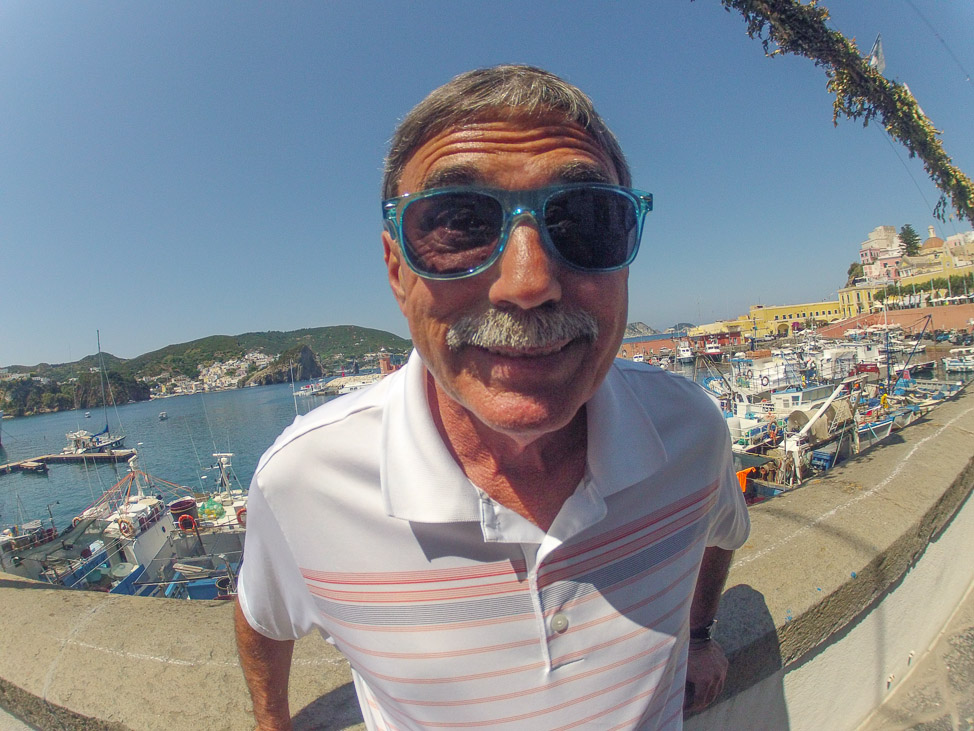
The first afternoon we were there, following 10 days in the hospital and a clean bill of health, mind you, we got him all settled in to his new room, and a series of four nurses came to get all the paperwork out of the way and take his vitals. Then, one particularly tense nurse claimed he was having a heart attack and that we’d have to go back to the ER. What? The cardio team at Centennial just signed off on his discharge hours earlier. But no, they insisted he go to the Vandy ER.
The nurse called the ambulance, and they wouldn’t answer (scary, right?). So she called the fire department, and suddenly a team of five paramedics arrive and wheel him out in a stretcher, load him in the back of the truck and drive him (literally) across the street from Vanderbilt’s stroke recovery facility to the emergency room. Mom and I nearly cried (OK, “nearly” is an understatement—I fully did); after sitting in the Neuro ICU for so long, we were ready to get his treatment started.
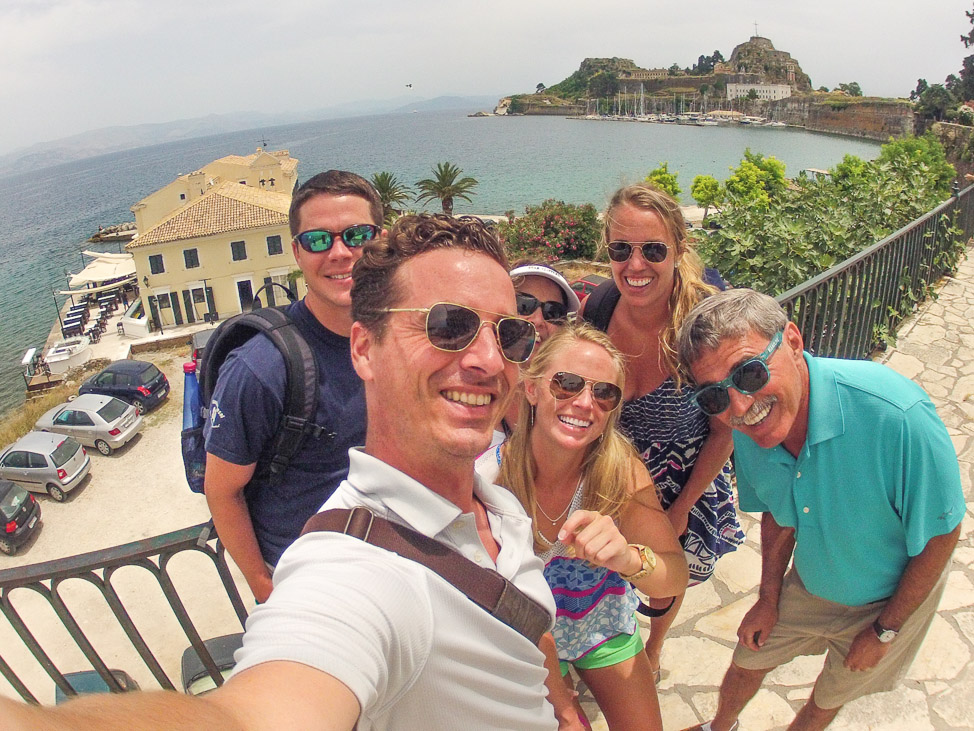
But back to the emergency room we went, where we sat with him in a cramped closet of a room for more than eight hours as we awaited the doctors’ results. Eventually, after midnight, they came back and told us that he was fine and they were so sorry that Stallworth had alarmed us; he simply had an irregular heartbeat, which we knew and which they’d been monitoring the 10 days prior at Centennial. It took a couple additional hours for Stallworth to call the Vandy team back to sign off on readmitting him. Once Mom and I drove him over, no one answered the door. We banged and banged and banged some more. Twenty minutes passed. When finally we got the attention of one of the night staff, Dad refused to go in (I don’t blame him). We asked the nurse for help.
“Sorry, we can’t force him to go when he’s not admitted,” he shrugged his shoulders at us as if this were all our fault. Correction: He had been admitted, but after the (false) heart attack scare, they discharged him once more. I’ve never wanted to punch someone as badly as I did that guy.
He held onto the steering wheel and yelled at us. I’ve never seen my even-keeled father so angry at me before. It broke my heart for the millionth time in two weeks.
And it’s simply not the kind of “help” I expected to receive from the premier health care center in the country.
But you live and you learn, I suppose. Unfortunately, we can’t go back and undo that decision to send him there; I can only do my best to share our experience and tell any others who have a family member in the unfortunate circumstances we found Dad in to really dive into your research before making an impulse choice. Choosing Stallworth, as it turns out, may not have been the best option for my Dad making a full recovery.
**********
Dad’s been home for 12 weeks. He looks good, he’s in better physical health than he’s been in years, but I’d be lying if I said we’re skeptical over whether or not he’ll ever go back to work.
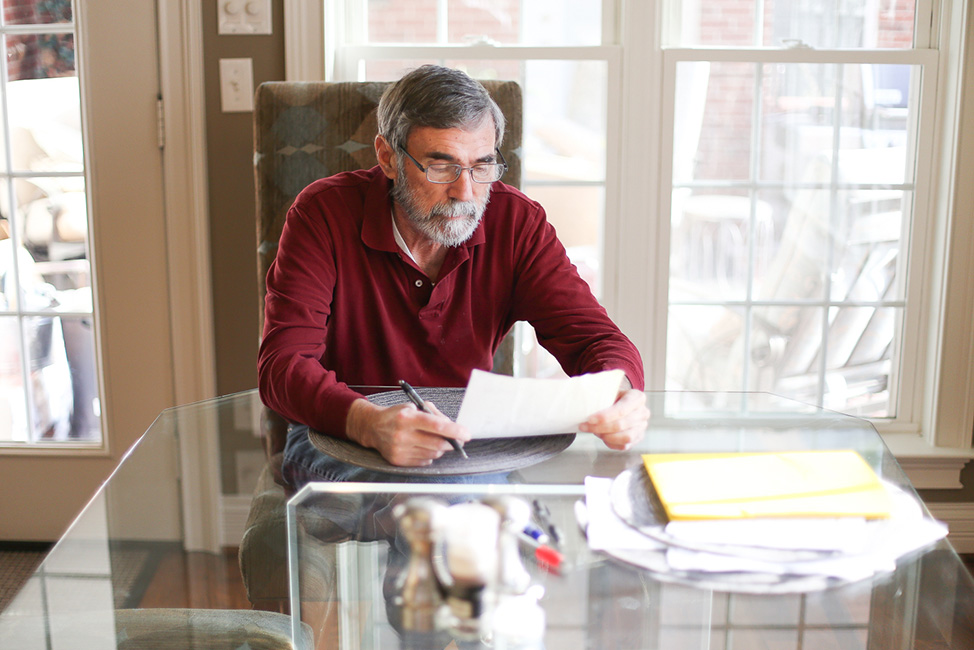
It’s words that are so hard for him. He’s speaking; sometimes in short spurts and phrases, and others he’ll surprise us with a full paragraph of thought. He gets frustrated easily, which in turn frustrates my mom. Our entire family life has become one ongoing game of charades. Sometimes, he’ll get mad that Mom won’t take him to the office, where SVV has been patiently re-teaching him how to use the computer and going through client files slowly, and he’ll throw a tantrum where he just walks out of the house and disappears. Given that he can’t drive and he can’t always communicate in lucid terms, this is the most terrifying part of all.
Insurance has been the worst, don’t even get me started. My parents’ provider used to use Blue Cross Blue Shield, who was wonderful in covering any medical costs they incurred, and switched to United HealthCare last year, who is the devil and not covering anything. It turns out, Dad is on the cusp, age-wise, where at 64 he’s too old for UHR to invest many resources in, but still too young (by a mere nine months) to qualify for Medicare. Thus, Mom is paying for all therapy—that’s five days a week at multiple facilities for speech, physical and occupational—out of pocket. Compounded by the fact that Dad may never go back to work and Mom retired many years ago (plus has turned into his full-time caretaker), this has been a very expensive year.
So, what does the future hold? Your guess is as good as ours.
For now, Dad has started attending social functions slowly. He no longer puts up a fight when we try to coax him along to church or a wedding. As more words return, so does his confidence—slowly. When he first got back home, he refused to leave the house other than for therapy; it’s got to be the most frustrating thing in the world knowing completely what you want to say but not able to communicate thoughts into words.
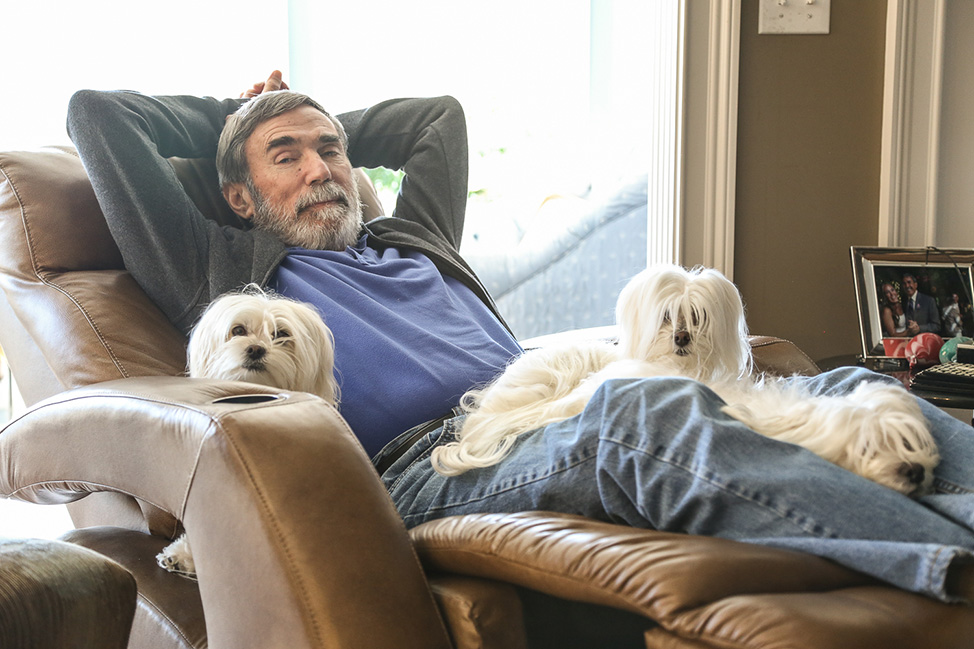
But we’ve refused to let this lifestyle change completely alter everything. Those of you who have followed this blog for years may have noticed we take a big family trip abroad every other year. This August is to be our biggest one yet: three weeks in Europe, first in Vienna and Budapest, then a week-long river cruise, followed by a week in Romania and Turkey. Most of our friends have assumed we’re canceling due to our current predicament. Never. Dad’s coming along—he’s even been inspired to start walking a mile each day and going to the gym to build up his strength—and while our trip may be quite different than vacations past, we’re not going to let this stop us.
Overall, he biggest thing this year has showed me is compassion, humility, empathy and friendship. Many friends I’ve known my entire life don’t even bother to ask about Dad, ever. I get it; out of sight, out of mind, and I’ve never been one to know what exactly to say to people in times of uncertainty either.
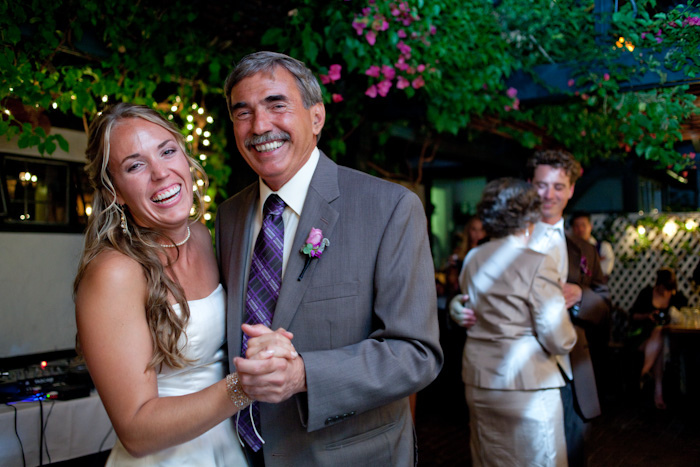

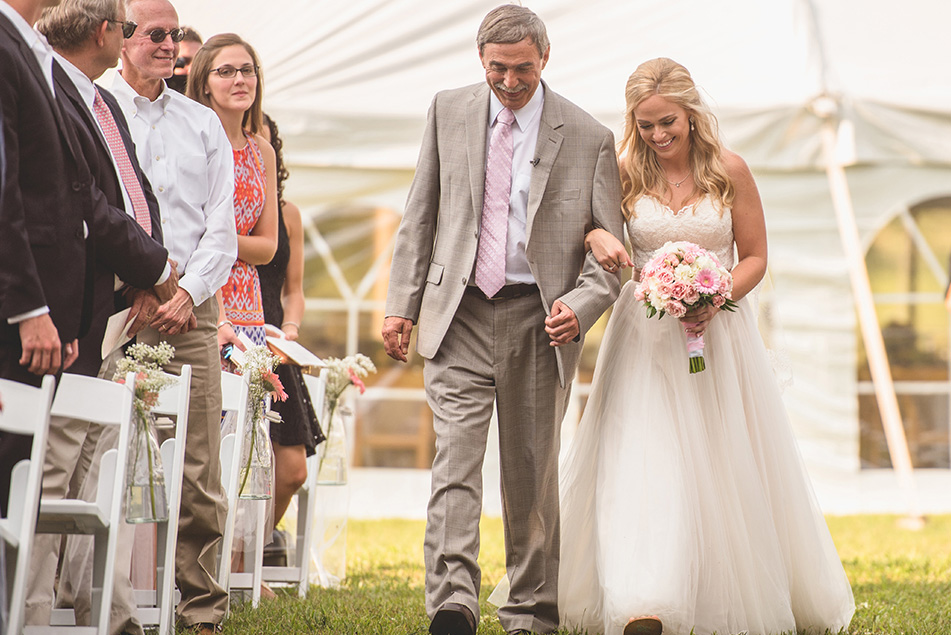
On the flip side, so many people from far and wide, IRL friends and blog readers alike, have constantly checked in to see how we’re holding up. These friends will never know how grateful I am for them being here when my family needed them the most. What this whole experience has taught me more than anything is how to act when I’m on the other side of the equation: It’s not about what you say or how small the act, but just showing that you care.
It’s also taught me that never take a day for granted, because just when you think everything is sailing smoothly for the first time in so long, it can all turn on a dime.
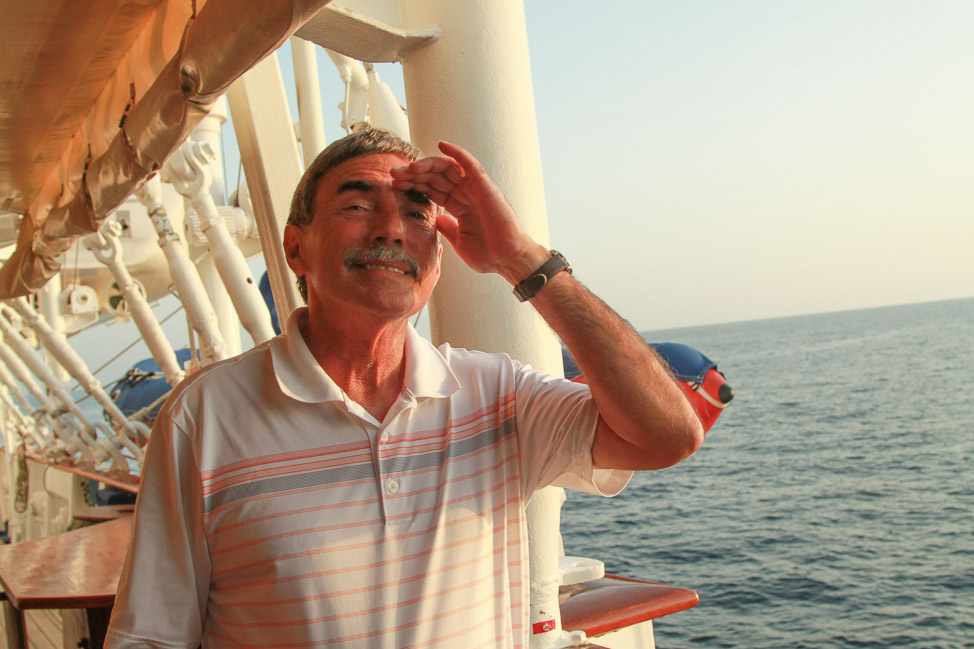
The post Making Lemonade (and Not the Beyoncé Kind) appeared first on Camels & Chocolate.
Source: camelsandchocolate.com

